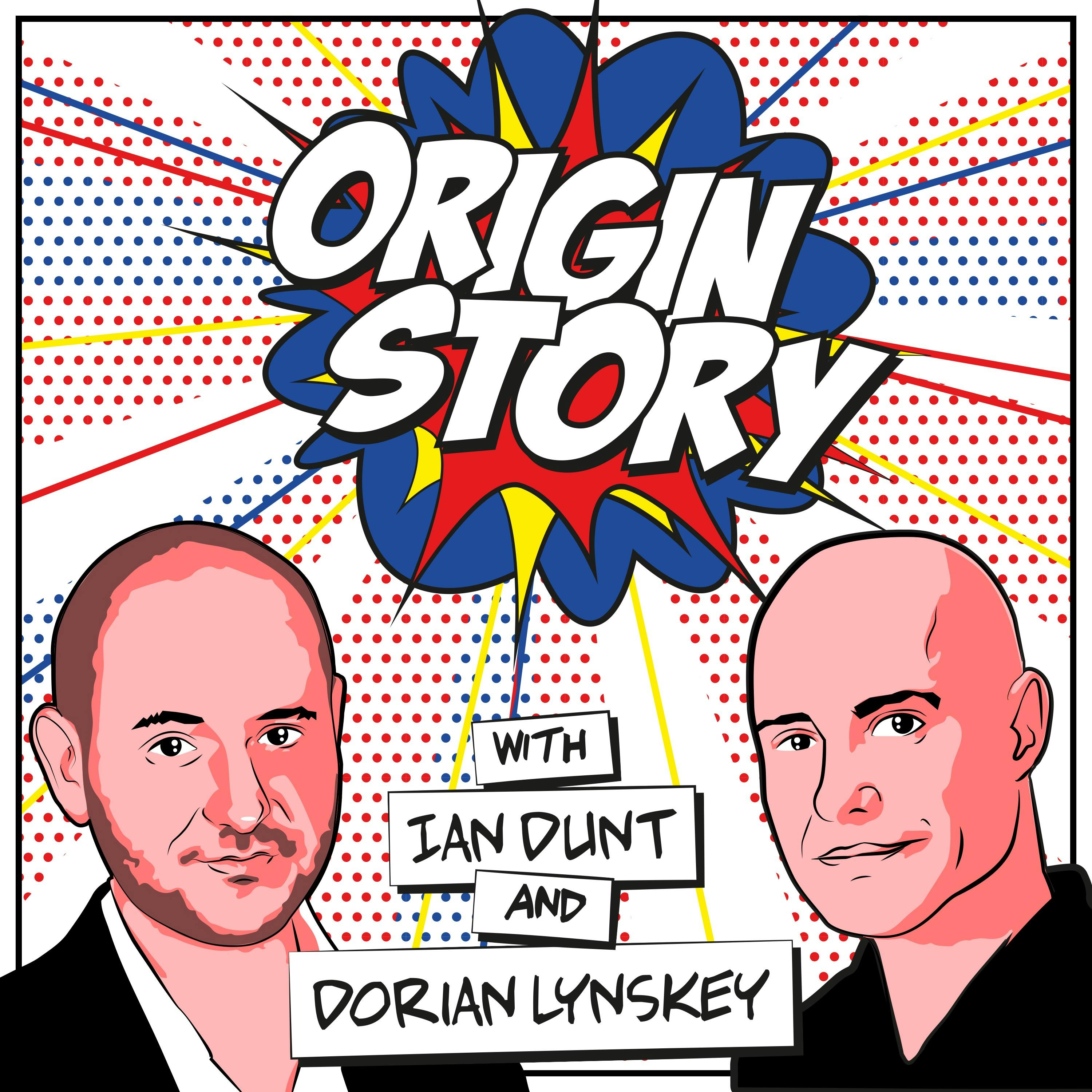
Origin Story
Podmasters
Podcast
Episodes
Listen, download, subscribe
Artificial Intelligence – Part One – Deus ex machina
This week we begin the story of Artificial Intelligence. Since the launch of Chat-GPT in late 2022, we have been more excited, and anxious, about AI than ever before. It’s become a daily obsession. But the key question we are grappling with is the same as ever: can machines really ever develop human-style intelligence or merely imitate it? And what is human intelligence anyway? In part two we’ll be exploring the possible ramifications of AI, from the utopian to the dystopian and all points in between. But first, we explain how humanity’s long, ambivalent fascination with artificial life has brought us here. We start with premonitions of AI, from Mary Shelley’s Frankenstein to Isaac Asimov’s Three Laws of Robotics, and Ada Lovelace, the original AI sceptic, to Alan Turing and his famous test. Artificial Intelligence itself — the term and the field of study — began in 1956, at a summer school at Dartmouth University. While most computer scientists were working on ways for machines to partner with human intelligence — the personal computer, the internet — AI researchers dreamt of replacing it. For decades, AI development was a cycle of boom and bust. Extravagant claims attracted funding, talent and media attention, then their failure to materialise caused all three to collapse. AI became tarnished by its broken promises. But in the 21st century, the availability of vast troves of data and powerful new processors finally solved such stubborn challenges as image recognition and automatic translation, leading to the current AI gold rush. Along the way, we meet gamechanging scientists like Marvin Minsky and Geoffrey Hinton as well as landmark machines like ELIZA, the first chatbot, Shakey the robot and AlexNet, deep learning’s great leap forward. Why does the prospect of machine intelligence enthral and unnerve us? Why has AI proved so much more difficult than its pioneers imagined? How have fictional AIs like HAL and Skynet shaped the mythology of AI? And are Large Language Models like Chat-GPT just glorified autocomplete or a historic turning point in our relationship with machines? Get the Origin Story books on Fascism, Centrism and Conspiracy Theory Get exclusive extras like supporter-only Q&A editions when you back Origin Story on Patreon. Reading List Books Susie Alegre - Human Rights, Robot Wrongs: Being human in the age of AI (2024) Nick Bostrom – Superintelligence: Paths, Dangers, Strategies (2014) Daniel Crevier – AI: The Tumultuous History of the Search for Artificial Intelligence (1993) Pedro Domingos - The Master Algorithm: How the quest for the ultimate learning machine will remake the world (2015) Max Fisher - The Chaos Machine: The Inside Story of How Social Media Rewired Our Minds and Our World (2022) Walter Isaacson – The Innovators: How a Group of Hackers, Geniuses and Geeks Created the Digital Revolution (2014) Dorian Lynskey – Everything Must Go: The Stories We Tell About the End of the World (2024) John Markoff - Machines of Loving Grace: The Quest for Common Ground Between Humans and Robots (2015) David G. Stork (ed.) – HAL’s Legacy: 2001’s Computer as Dream and Reality (1997) Mustafa Suleyman with Michael Bhaskar – The Coming Wave: AI, Power and Our Future (2023) Michael Woolridge – The Road to Conscious Machines: The Story of AI (2021) Articles Alan Turing – ‘Computing Machinery and Intelligence’, Mind (1950) Brad Darrach – ‘Meet Shaky, the First Electronic Person’, Life (1970) Jeremy Bernstein – ‘A.I.’, New Yorker (1981) For the full reading list join our Patreon. Written and presented by Dorian Lynskey and Ian Dunt. Produced by Simon Williams. Music by Jade Bailey. Art by Jim Parrett. Logo by Mischa Welsh. Group Editor: Andrew Harrison. Origin Story is a Podmasters production Learn more about your ad choices. Visit podcastchoices.com/adchoices
Origin Story RSS Feed
















